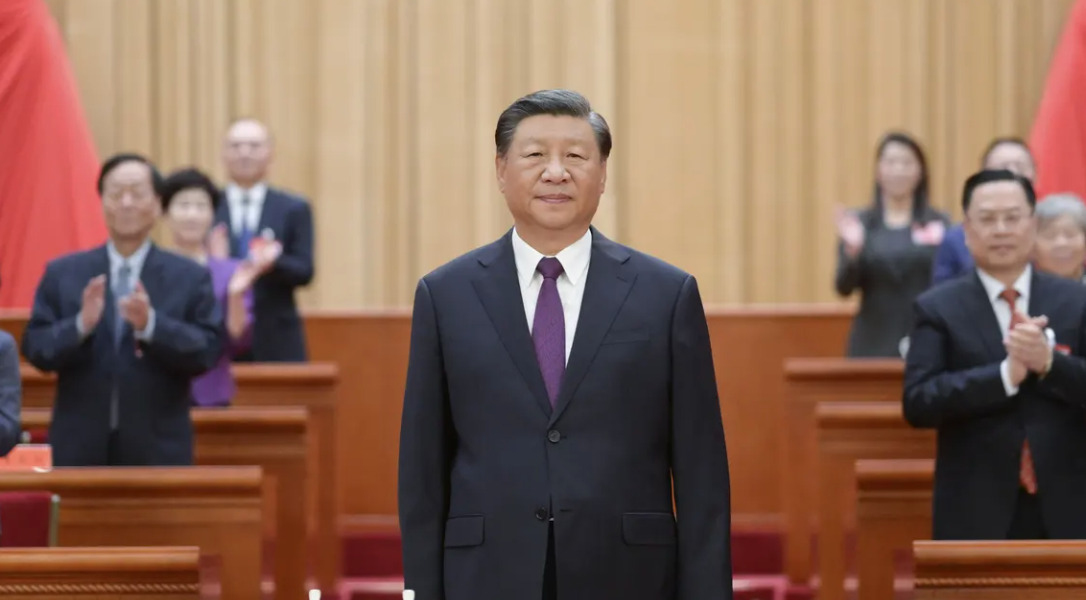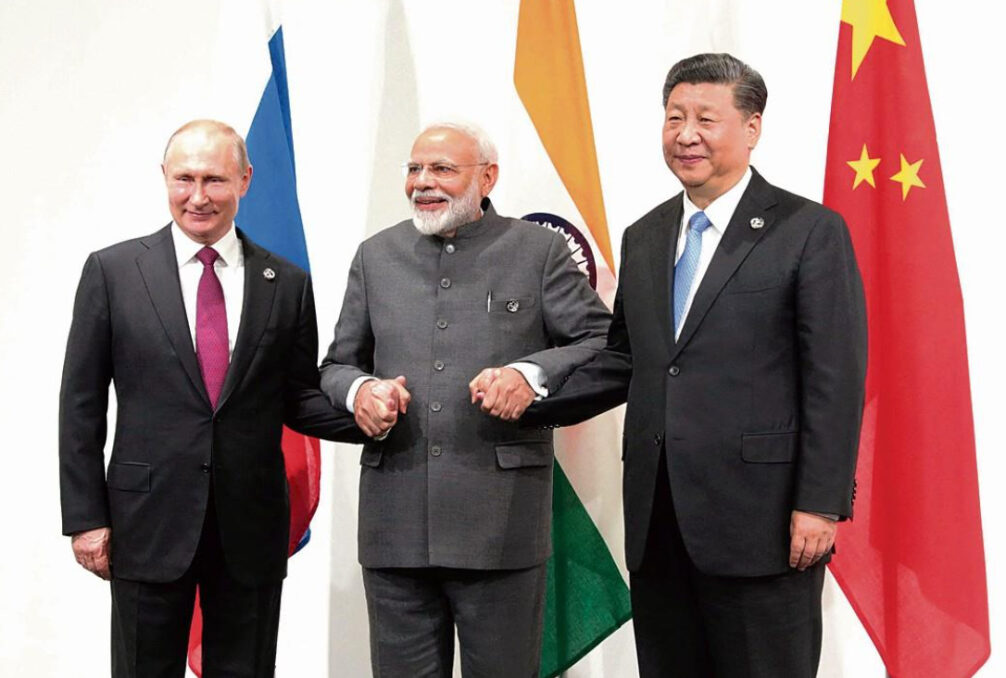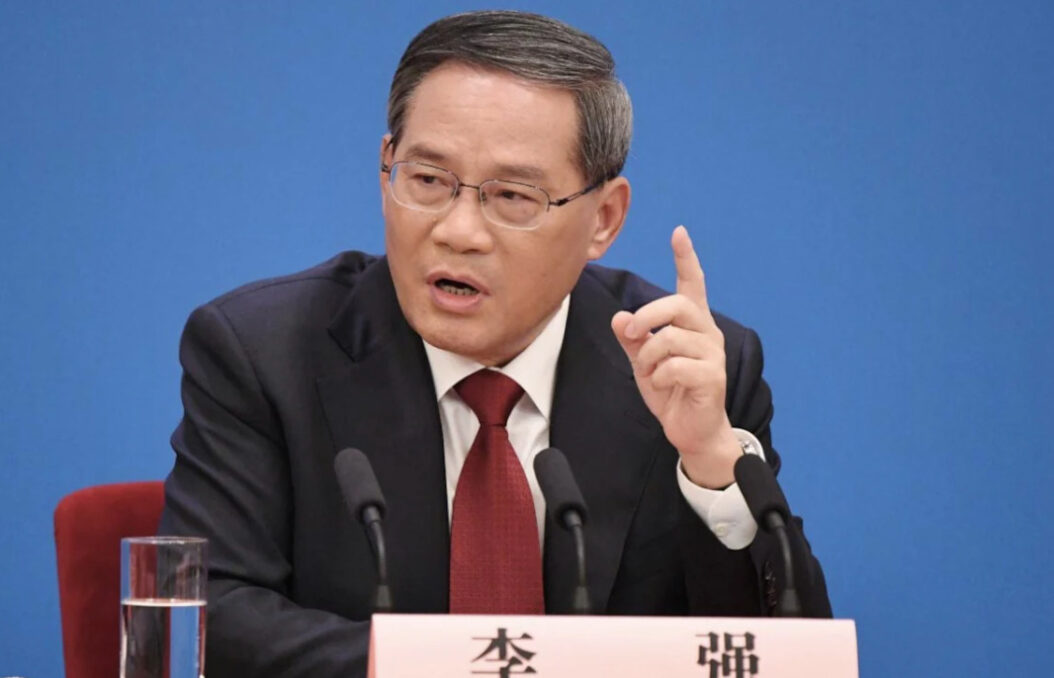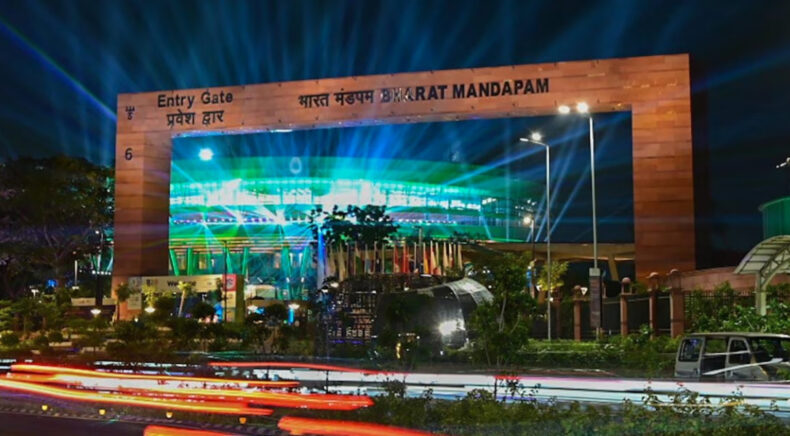President Xi Jinping’s absence at the G20 Summit and its impact on global dynamics and India-China relations.
Table of Contents
The upcoming G20 summit in New Delhi, scheduled for September 9 and 10, marks the pinnacle of a series of discussions among global leaders throughout the year. Notably, China’s President Xi Jinping has chosen not to attend this significant gathering, which is a historical departure from past G20 leaders’ summits. Instead, Premier Li Qiang will represent China.
Significance of Xi’s Non-Participation in G20
Political analysts speculate that President Xi’s absence may carry a broader geopolitical message. They suggest that it might symbolize China’s pursuit of a new global narrative – one where “the East is rising, and the West is falling.” This perspective is reinforced by Xi’s recent attendance at the BRICS summit in South Africa, positioning China as an advocate for alternative international alliances outside traditional Western-dominated frameworks.

Prioritizing Domestic Affairs
Another plausible explanation for Xi’s non-attendance revolves around domestic priorities. Experts, such as Alfred Wu from the Lee Kuan Yew School of Public Policy, argue that President Xi is deeply engrossed in addressing internal matters of national security and economic stability. China is grappling with a complex set of domestic challenges, including economic reforms and heightened geopolitical tensions, which may necessitate Xi’s focused attention.
Implications for India-China Relations
The absence of President Xi Jinping at the G20 summit amid ongoing tensions between China and India, particularly due to unresolved border disputes, adds a layer of complexity to this diplomatic scenario. For over three years, these two Asian giants have grappled with strained relations, aggravated by a deadly clash on their disputed Himalayan frontier in June 2020, which resulted in 24 casualties. Against this backdrop, President Xi’s non-participation in the summit can be seen as a diplomatic signal. It potentially reflects China’s reservations concerning India’s burgeoning regional influence, especially in economic realms. This aspect raises questions regarding the future trajectory of India-China relations, which will be closely watched by global observers.
A Global Perspective
Xi’s decision not to attend aligns with Russia’s President Vladimir Putin’s absence from the G20 summit, adding a unique dimension to the global stage. The simultaneous non-participation of these influential leaders prompts broader reflections on the dynamics of international diplomacy and cooperation.

Premier Li Qiang: Stepping In
As China’s Premier Li Qiang assumes the role of China’s representative at the G20 summit, it’s essential to understand the significance of this position. The Chinese Premier holds a prominent role in the Chinese government, overseeing daily administration and economic policies. Leading the State Council, the highest executive body in China, the Premier plays a crucial role in shaping both domestic and international policies.

As Premier Li Qiang steps onto the global stage at the 18th G20 Summit in New Delhi, the world watches closely the historic absence of President Xi Jinping. Whether viewed as a strategic move, a diplomatic signal, or a reflection of pressing domestic concerns, Xi’s non-participation resonates far beyond diplomatic circles. It serves as a poignant reminder of shifting global dynamics and China’s evolving role in the international arena.
President Xi Jinping’s unprecedented absence from the G20 summit in New Delhi commands attention. Whether motivated by a strategic narrative, domestic concerns, or diplomatic intricacies, Xi’s non-participation will undoubtedly resonate across international relations. As the G20 summit unfolds in the capital city, it will serve as a forum for addressing critical global challenges and charting the course for international cooperation.













